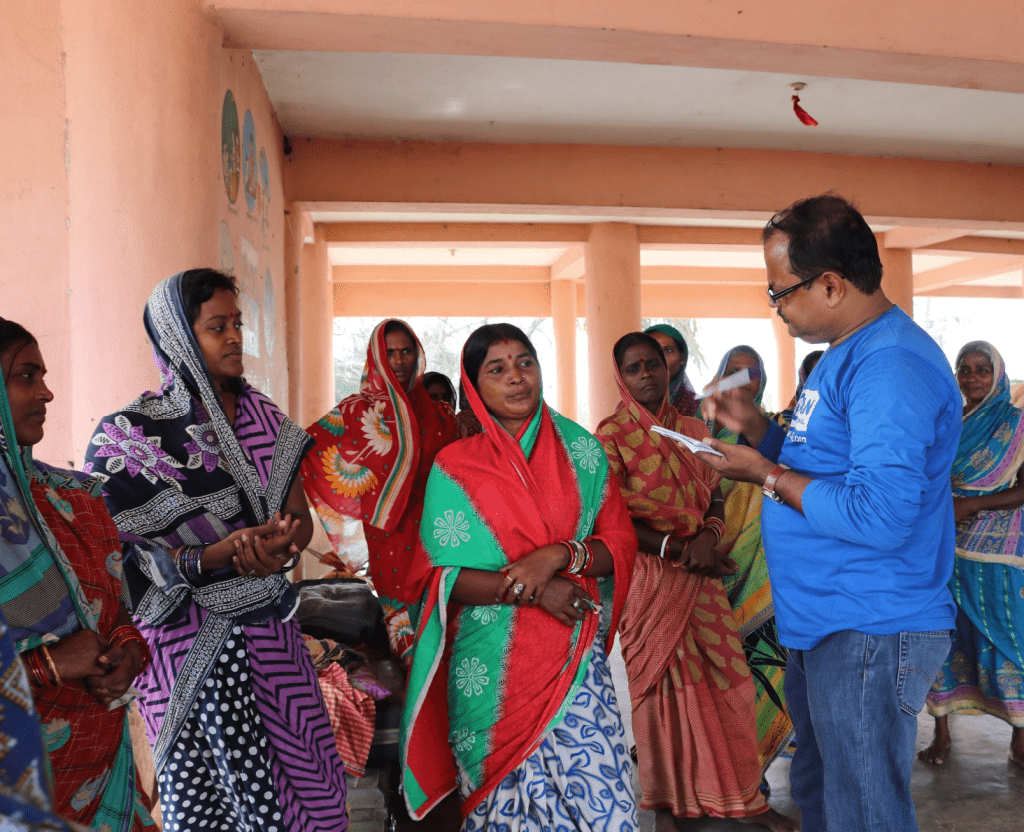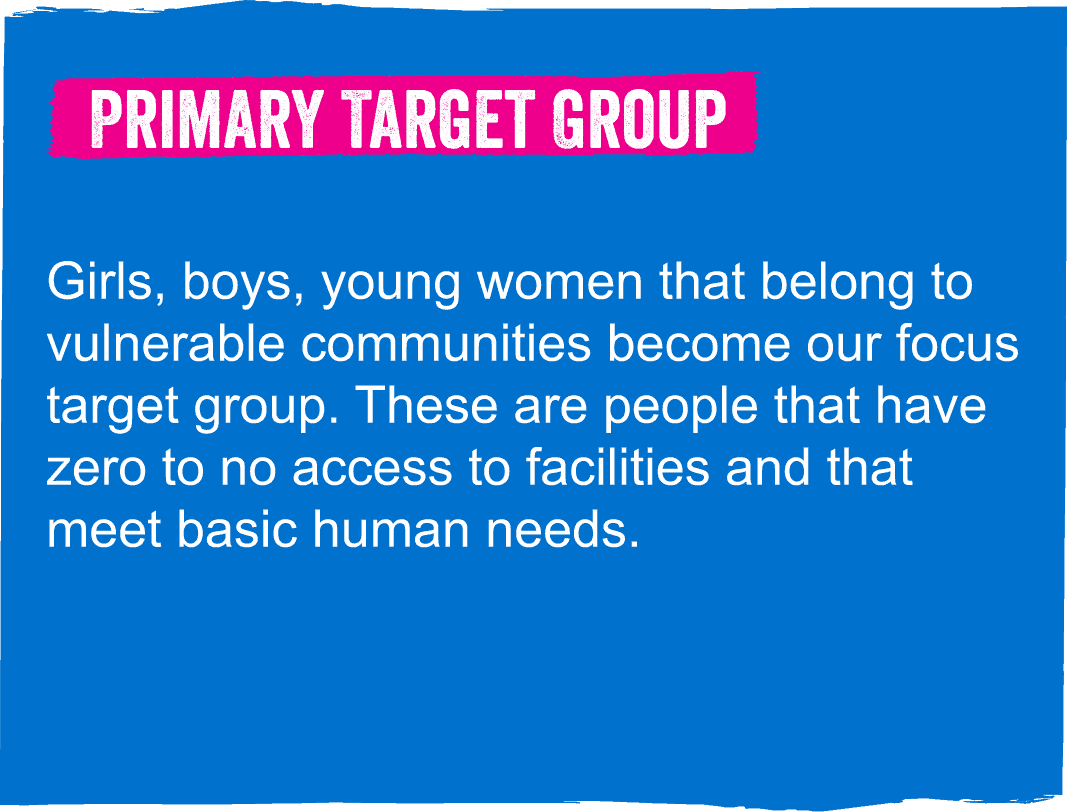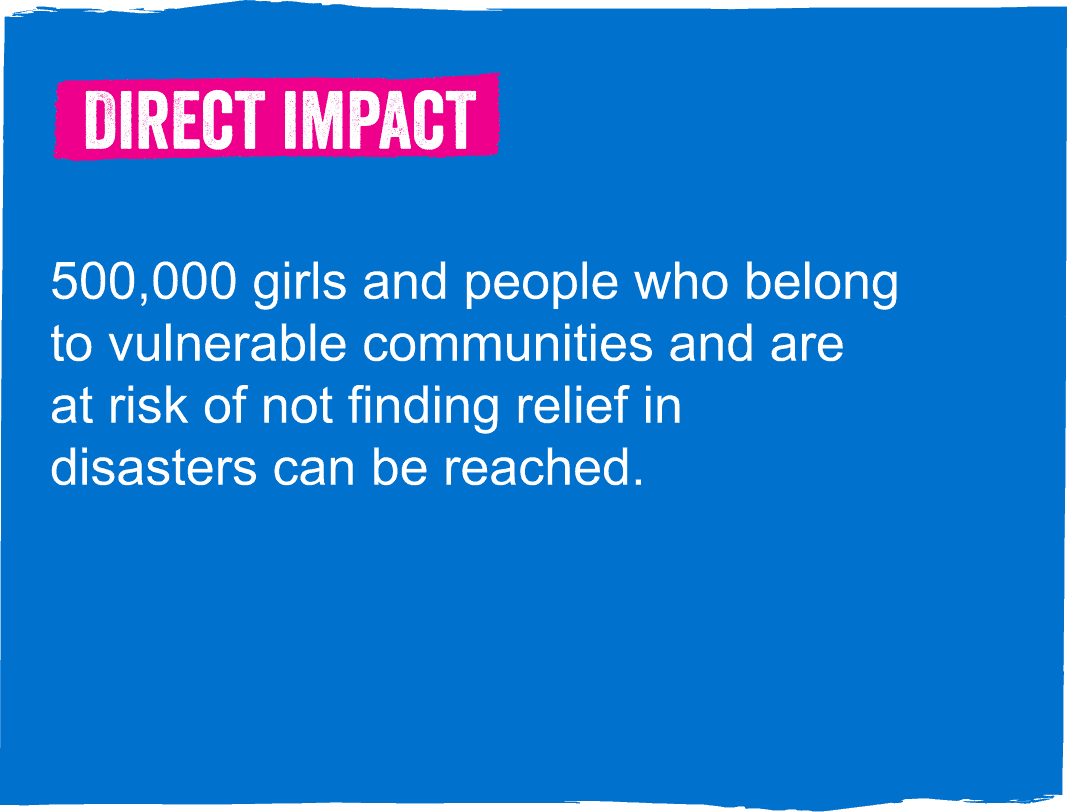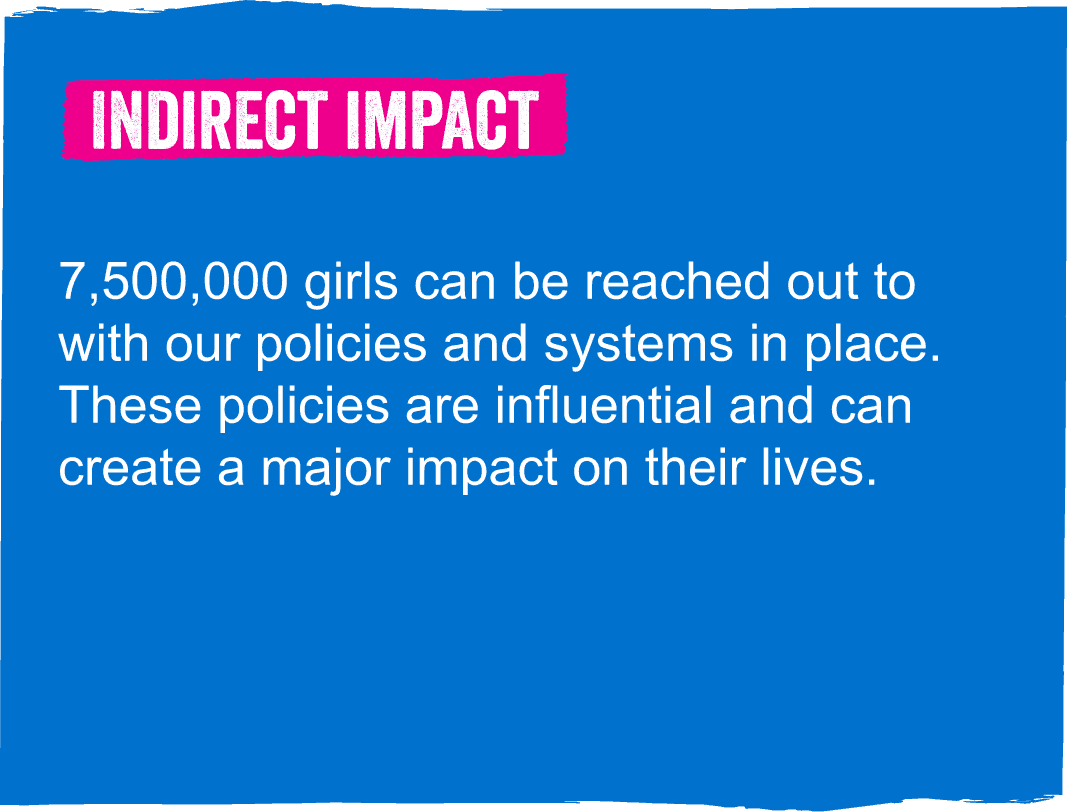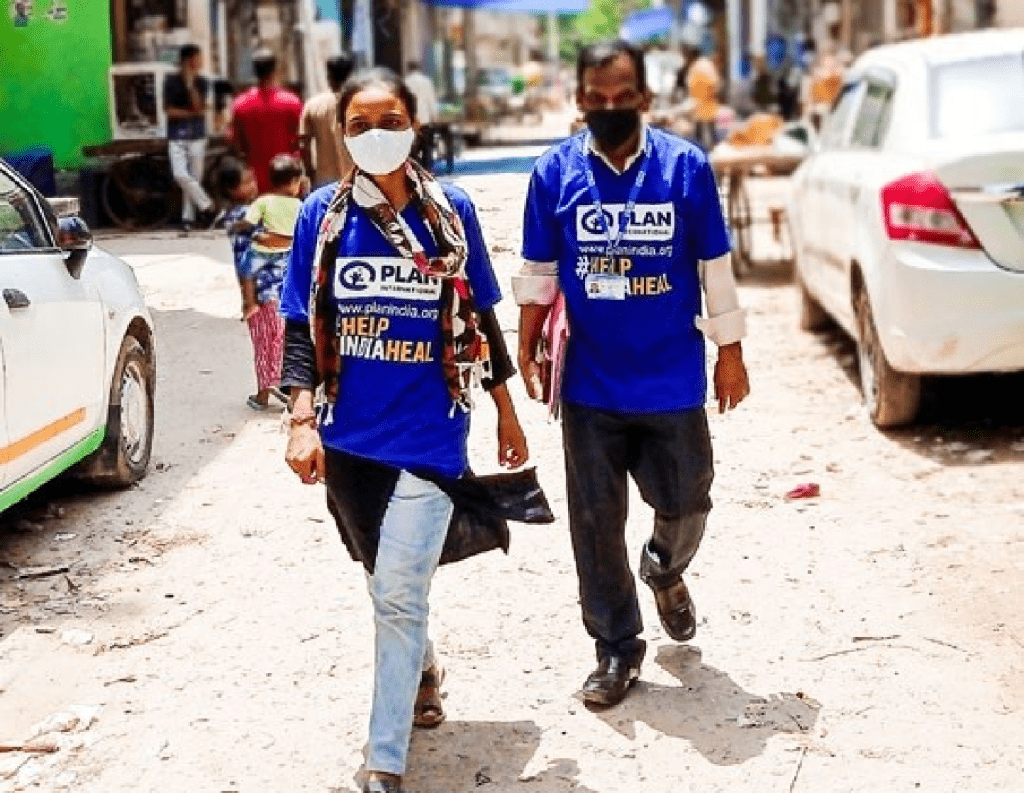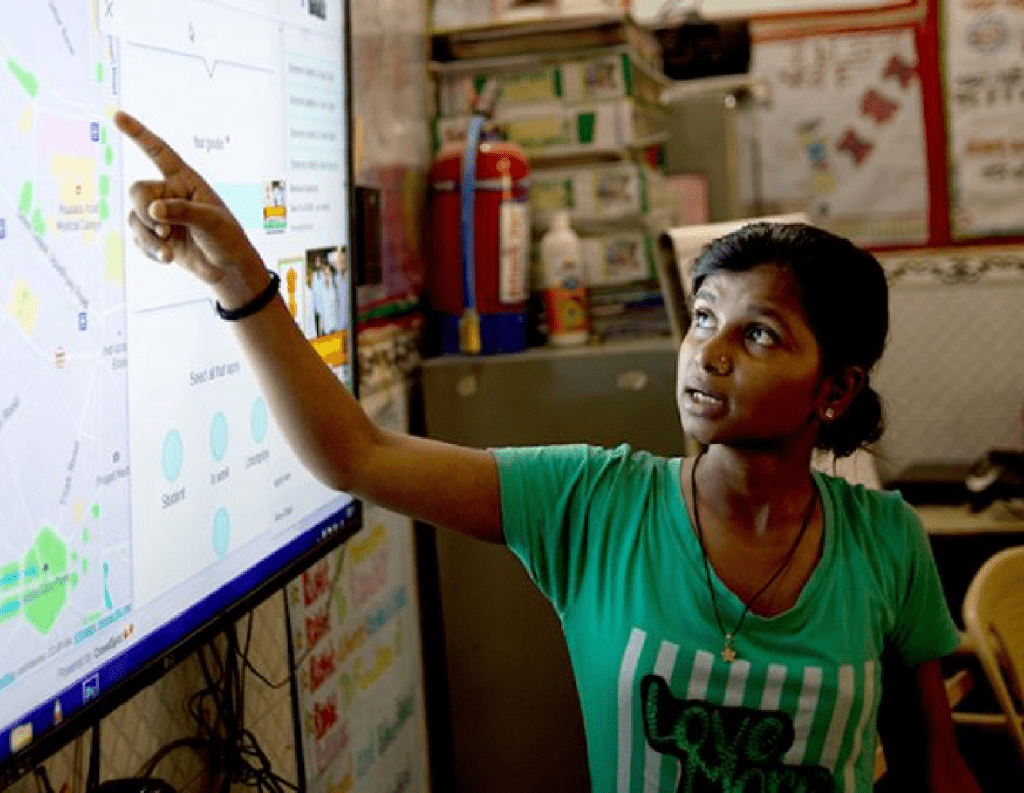India is a highly disaster-prone area for drought, earthquakes, cyclones, tsunami, and river erosion. Raising temperatures are hurting small and marginal farmers the most with farm income dropping. This leads to migration and increased urban deprived fragility.
Compound disasters, a combination of a number of linked events, is another emerging risk that is following the pathways of rapid and large-scale development. The extent of vulnerability to natural hazards is a primary determinant, but issues of small and localized disasters also emerged. Community-based disaster preparedness programs have been implemented in many parts of the country which has resulted in reducing the lives lost due to disasters in many states in the recent decade. The social factors in India are both the cause and effect of many complex disaster situations.
At first, Plan India will understand disaster and climate risks in contexts and invest in risk reduction, monitor and reduce damage and losses while ensuring accountability to the affected and at-risk population.






